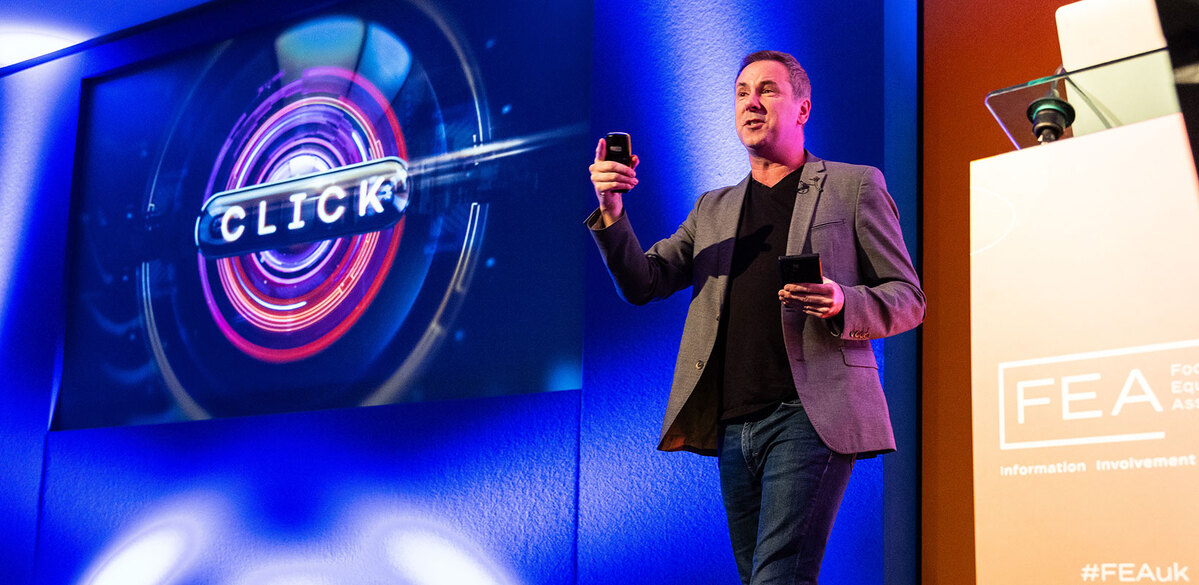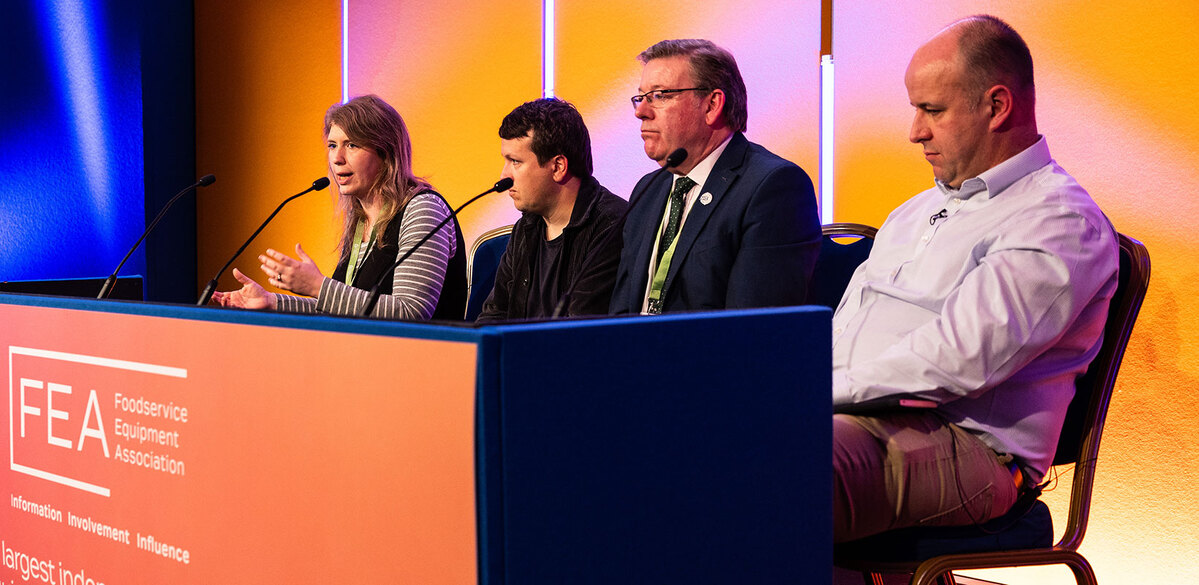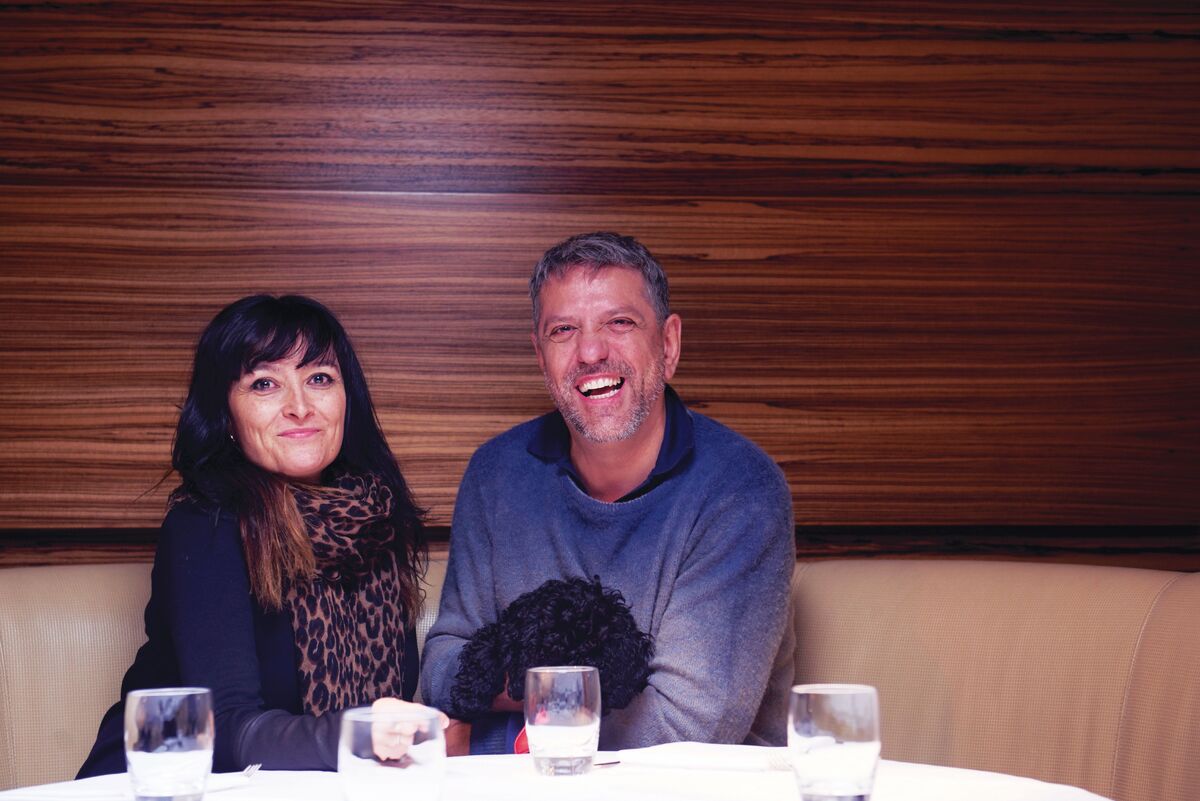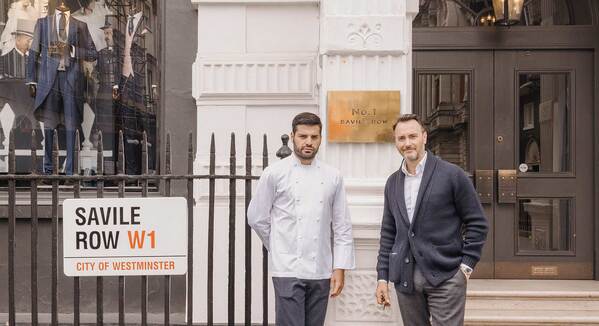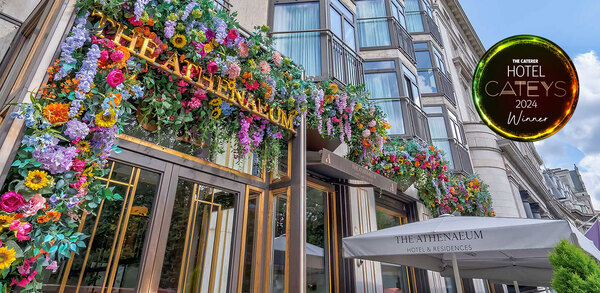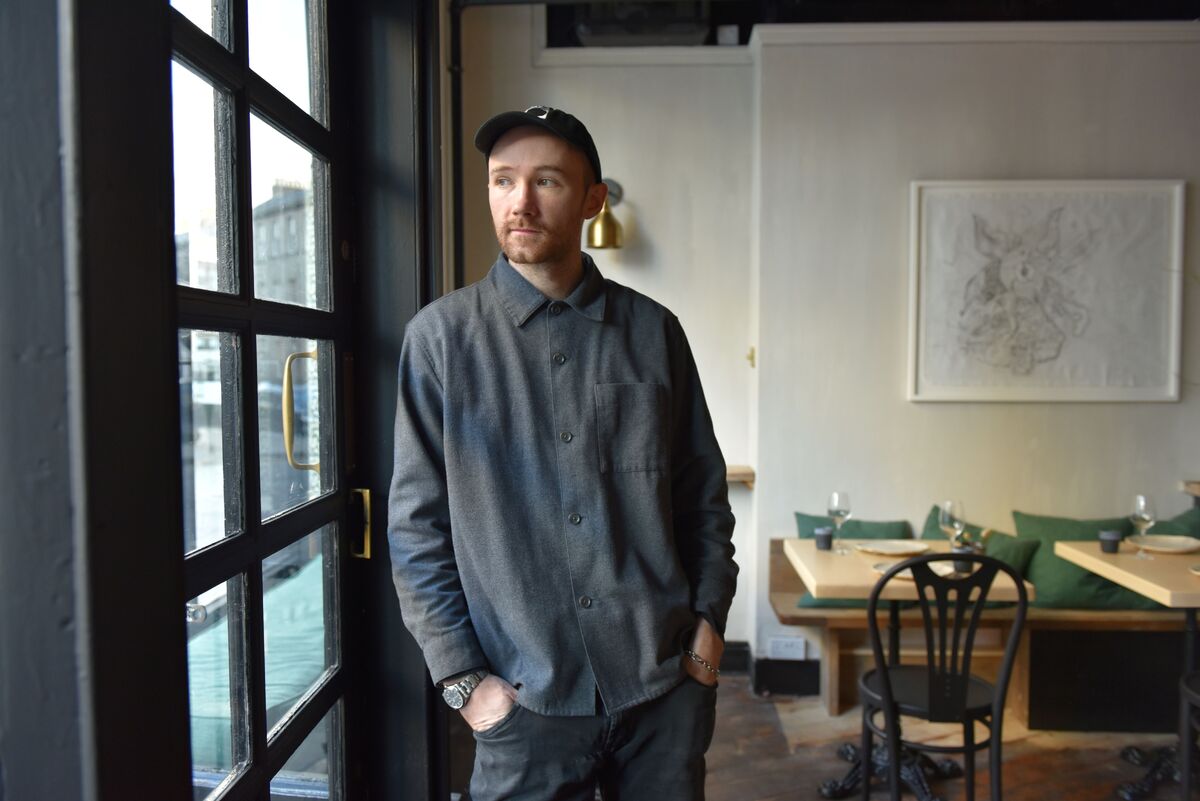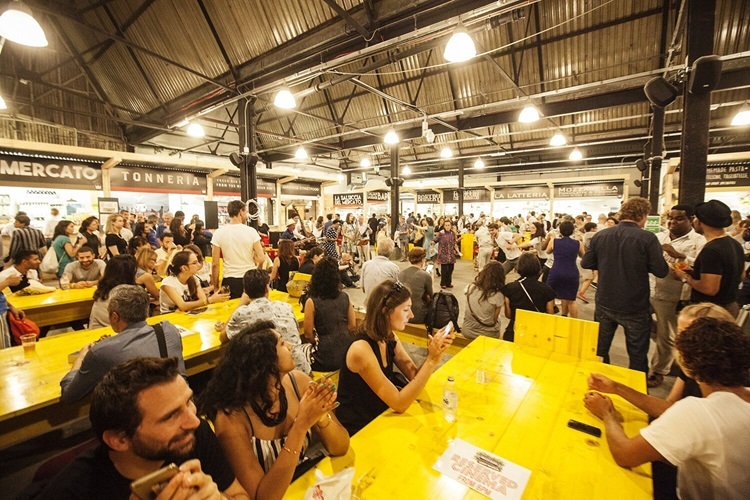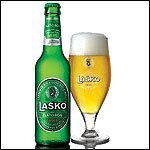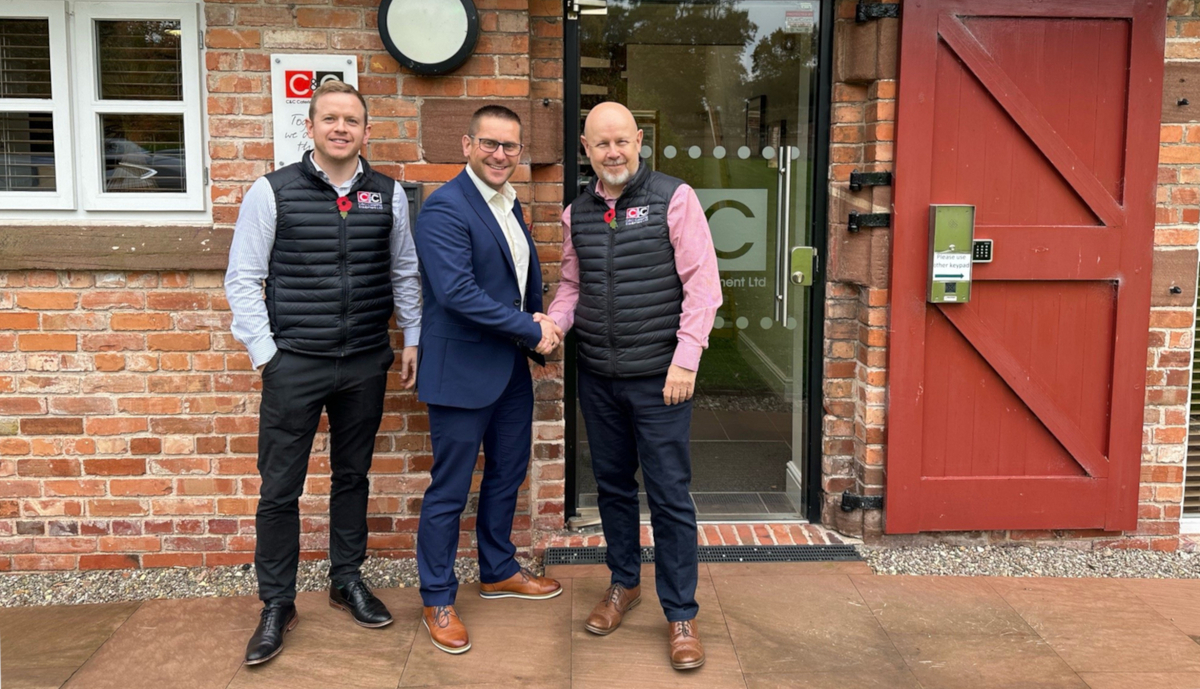10 things we learned from the FEA Conference
Artificial intelligence, sustainability and seaweed were all up for discussion at this year’s Foodservice Equipment Association Conference
The merits of artificial intelligence (AI), sustainability challenges and an overview of hospitality’s future were all on the menu at this year’s FEA Conference on 20-21 November at the Leonardo hotel in Hinckley Island, Leicestershire. Here are 10 main takeaways from the debates.
1. Trading is tough, but on the rise
Simon Stenning of Future Foodservice kicked off the conference, pulling no punches with his forecast for the next two years: they’re going to be tough, though the foodservice sector will grow, slowly. The reason behind this was consumers favouring less frequent and more specialised eating out occasions.
2. Alternative venues are finding favour
The rise of alternative venues, such as market halls, juice bars and competitive socialising (axe throwing, for example) is hurting traditional, middle-ground operators, said Stenning. Having said that, he outlined that fast-food is growing, especially in the quality end of the sector, with established brands such as Five Guys and new contenders such as Dave’s Hot Chicken.
3. Paradoxical demands – stripped back or luxury service
Stenning also pointed out that ‘friction-free and the pleasure principle’ are key tenets for the future for hospitality. Friction-free means no barriers and, sometimes, no staff (Gen Z don’t like interacting with waiters). Expect digital kiosks, self-service sites and vending. Paradoxically, the ‘pleasure principle’ is all about luxury experiences in beautiful surroundings from operators such as Maya and House of Gods.
4. Seaweed might solve the sustainable packaging challenge
In a sustainability session, Pierre-Yves Paslier, co-chief executive of packaging supplier Notpla, gave an insight into using seaweed to create plastic alternatives. The company won the Earthshot Prize and is already supplying foodservice products such as seaweed-based linings for cardboard takeaway boxes.
5. Get to net zero with efficient catering equipment
During the same discussion, Tim Radcliffe, net zero programme manager at the NHS, described the multifaceted challenges in the move towards net zero. The NHS delivers 191 million meals a year and food waste is a huge issue. He also called for energy efficient equipment that’s durable, repairable and recyclable.
6. Move to electric kitchens for a quick return
Meanwhile, Oliver Rosevear, director of sustainability at Fuller’s, discussed the company’s aim to have zero greenhouse gas emissions by 2030. Key areas include recycling, energy efficiency, transport and heating – a big problem with Fuller’s older properties. The move to all-electric kitchens, using technology such as induction, was giving payback within five years.
7. AI increases productivity by 40%
Peter Russell, chief technology officer at the Russell Partnership, said people using AI are, on average, 40% more effective. In foodservice, AI can be used in many ways, from predictive maintenance to nutritional analysis.
8. Use AI to optimise cooking and food waste
Scott Duncan, managing director of Unox, described the use of AI in cooking and developing new technologies, while Douglas MacLachlan, technical director of Falcon, outlined his company’s new system for reducing food waste in the health service.
9. AI can calculate a recipe’s carbon intensity
James Taylor, carbon reduction specialist at the Zero Carbon Company, put a ‘carbon lens’ on the issue, suggesting AI could be used to look into questions such as ‘what is your most carbon-intense recipe?’.
10. But AI systems have a massive carbon footprint
Panel host Spencer Kelly, presenter of BBC TV’s Click, asked if customers wanted AI solutions or if they just wanted solutions. One issue with AI is that while it can help us become sustainable, it is also has a massive carbon footprint – currently its emissions are the same size as aviation.
The conference in numbers
- 182 delegates
- 14 speakers
- 137 diners at the charity dinner, who raised £2,700 for the Burnt Chef Project
- 134 diners at the Gala Awards Dinner
About the Foodservice Equipment Association
The FEA is the independent voice of the foodservice equipment industry, representing nearly 200 companies who supply, service and maintain all types of commercial catering equipment.



